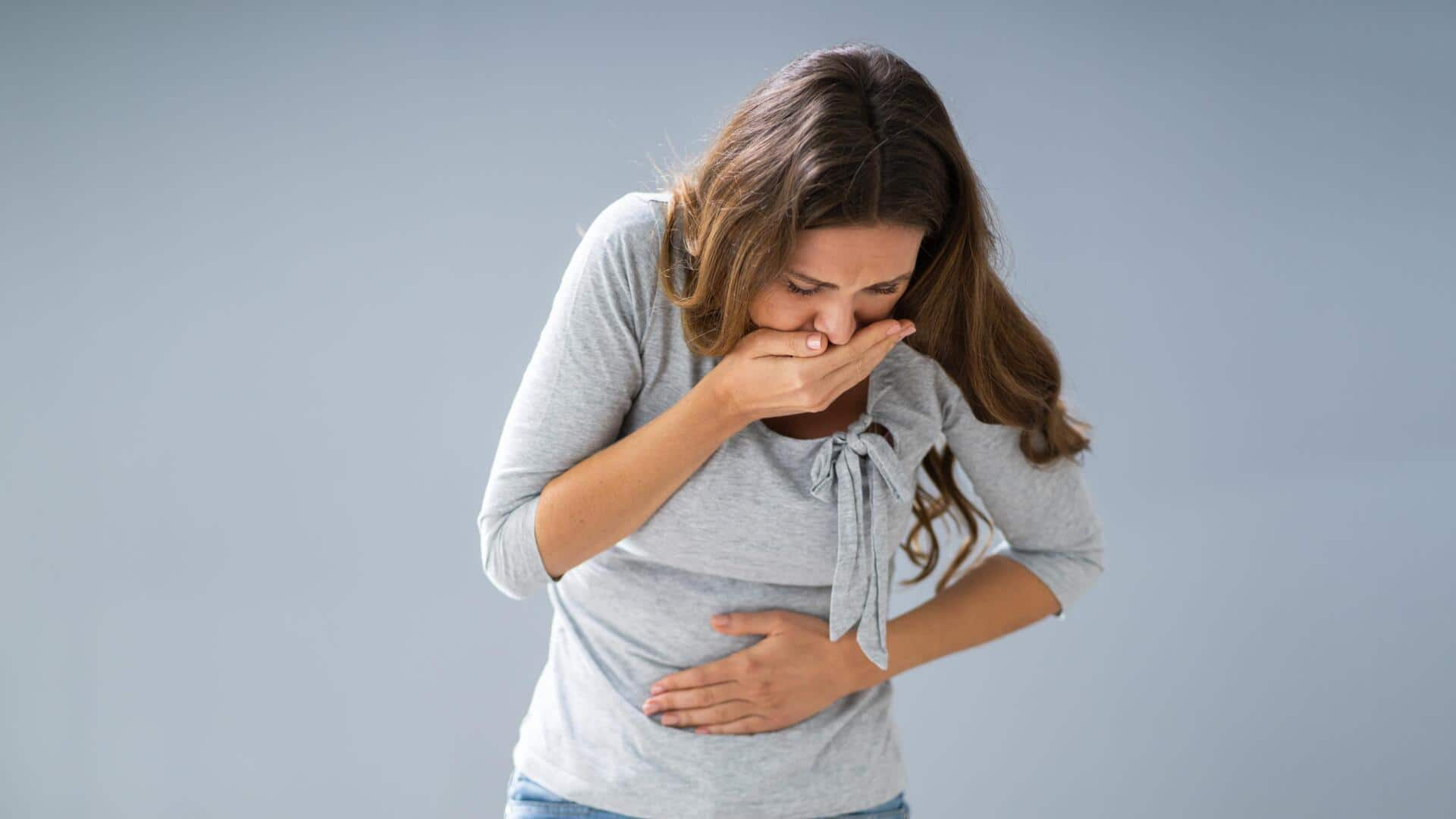
Toxic shock syndrome: Symptoms, causes, and treatment
What's the story
Did you know that certain strains of bacteria could lead to life-threatening conditions? Well, one such condition is toxic shock syndrome or TSS. TSS is rare but highly dangerous and toxic. Though it is frequently linked to tampon use, TSS can affect anyone. As toxins circulate in the bloodstream, organs may suffer damage or even fatal consequences. Let us know more about this condition.
Cause
How TSS enters our body
TSS is primarily caused by the bacteria Staphylococcus aureus (staph) and Streptococcus pyogenes (strep). These bacteria produce toxins that can enter the bloodstream, leading to TSS. When using a tampon, staph bacteria may get stuck in your vagina and travel to your cervix, where they can then enter your uterus. TSS can also result from skin infections, surgical wounds, and recent childbirth.
Symptoms
Symptoms of TSS
TSS symptoms can vary but often manifest abruptly. They may include high fever, sudden onset of flu-like symptoms (such as headache, muscle aches, and fatigue), a rash resembling sunburn, vomiting or diarrhea, dizziness, and confusion. In severe cases, TSS can lead to organ failure, shock, and even death. Prompt medical attention is vital if TSS is suspected.
Prevention
How to prevent TSS
Regularly wash hands with soap and water. Choose tampons with the least amount of absorbency necessary if you must use them, and change them frequently, preferably every four to eight hours. Consider using menstrual cups, sanitary pads or period underwear that are not associated with TSS. Similarly, properly clean and care for wounds, cuts or surgical sites to reduce infection.
Treatment
Available treatment
Since TSS can lead to life-threatening complications, its treatment often requires hospitalization. Following that, intravenous (IV) fluids and potential drugs to boost your blood pressure will be administered. Antibiotics administered intravenously are the conventional treatment for infections caused by Staphylococcus or Streptococcus. While antibiotics can help slow down bacterial development, they cannot get rid of toxins that have already built up in your body.